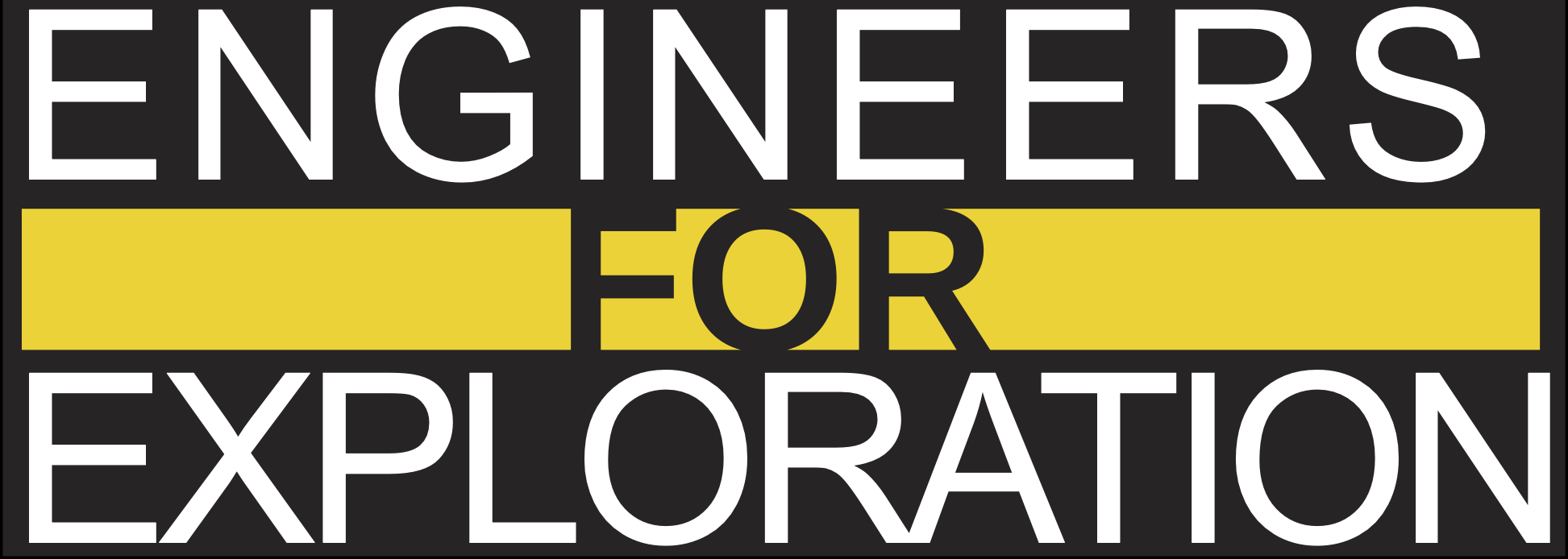FishSense Mobile - Turn your phone into a fisheries science tool
Monitoring fish populations is critical for understanding ocean health and ensuring sustainable fisheries. Traditionally, researchers rely on methods such as “catch-and-release” studies or in-water surveys, but these approaches are costly, labor-intensive, and often require expert scientists on board every research trip.
One key measurement for fisheries management is fish length. Programs like the California Collaborative Fisheries Research Program (ccfrp.org) and our partners at Scripps Institution of Oceanography have long relied on recreational anglers to capture fish, which are then measured on a length board, tagged, and assessed by scientists. While effective, this process is time-consuming, expensive, and limited by the availability of trained experts.

Image of FishSense Mobile in action.
FishSense Mobile offers a new, citizen science–driven approach. Using the built-in LiDAR sensors on iPhone Pro and iPad Pro devices, our prototype app allows recreational anglers, students, and community scientists to accurately measure fish length on deck—no measuring board required. Users simply photograph the fish with their device, and the app calculates its length in real time. Immediate feedback lets participants retake or refine measurements, ensuring accuracy without slowing down field operations.
By enabling non-experts to collect high-quality data, FishSense Mobile expands the reach of fisheries monitoring beyond research vessels. Citizen scientists can now contribute directly to the datasets that inform management decisions, making data collection more scalable, inclusive, and cost-effective.
Looking ahead, the app will integrate features such as species identification and Marine Protected Area (MPA) awareness tools, turning everyday devices into powerful instruments for conservation. Together, scientists and citizen scientists can build richer, larger datasets to protect fish populations and the ecosystems they depend on.
If you’d like to learn more or get involved, please contact Christopher Crutchfield (ccrutchf@ucsd.edu).
